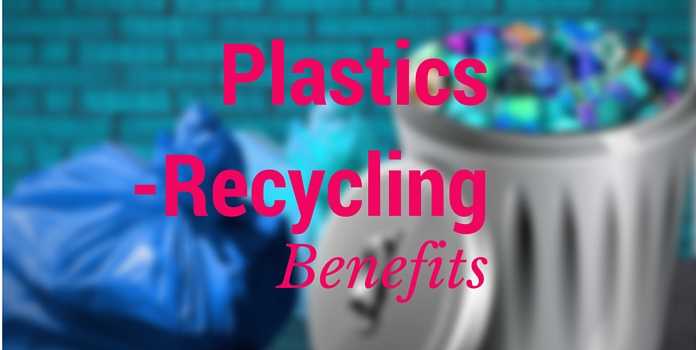Although commonly used with a wide array of uses, plastic is one of the most non-biodegradable material, taking around 100-1000 years to degrade naturally. That is why plastic recycling should be made mandatory. It is a process to use discarded plastic waste and scrap to create new plastic products instead of using raw materials from scratch.
Why Does Plastic Pose Problems
We are buying more plastic than recycling it. Approximately 12 percent of municipal solid waste was plastic in 2008 as compared to just 1 percent in 1960. Plastic products are littering our streets and water-bodies. Since they take an incredibly long period of time to degrade, it directly affects the animals and ecological conditions of the surrounding areas.
Also Read:- E-Waste Recycling Business
Furthermore, plastics such as #3 (also known as PVC) are toxic. It contains heavy metals and phthalates, creating dioxins when it’s burnt. Some plastics contain Bisphenol-A, a chemical identified for disrupting hormones. There are around 10,000 kinds of plastics, each with their own mix of additives, which can be carcinogenic and may pose other health and environmental hazards. Factors such as extreme heat and light can cause the plastic to leach and release these additives into the soil or water. Due to the problems put across by them, limited use of plastics is advised.
Recycling has become an absolute must not just because plastic is harmful to the environment, but also because a lot of us can’t seem to reduce or prevent the use of plastics in our daily lives. There are 4 incredibly convincing benefits of plastic recycling that makes is undeniable how important this process is. Let’s take a look at what they are:
Benefits of Recycling Plastic
-
Conservation of Natural Resources and Energy
Large amount of petroleum is used for making new plastic products. 70 percent of plastics in the United States are made from domestic natural gas and the total production of plastics accounts for almost 4 percent of US energy consumption. By recycling discarded plastic, consumption of petroleum and energy can be reduced by approximately 40 percent, thus helping conserve natural resources which are getting scarce.
-
Saving of Landfill Space
A LOT of plastic is discarded every single day and most of it ends up in landfills. By recycling one ton of plastic, around 7.5 cubic yards of landfill space can be saved. Not only will recycling save space, but it’ll help in reducing soil and water pollution.
-
Reduction in Emission of Greenhouse Gases
Petroleum is burnt for the production of plastics, emitting greenhouse gases in the process. By recycling, the use of petroleum is reduced. This, in turn, brings down the emission of greenhouse gases.
-
Protection of the Environment
Recycling ensures that lesser amount of plastic is circulated in the environment, reducing the chances of land animals and aquatic creatures from ingesting the plastic which can greatly risk their lives. Chemicals and additives present in plastics pollute water and soil – which can be minimized through recycling.
Plastic recycling is still a developing concept. Only 6.8 percent of plastics in municipal solid waste was recycled in 2008, which is just 2.1 million tons of 30 million ton plastic waste produced that year. Fortunately, recycling plastics is relatively easy. Recycling service providers are offering numerous recycling programs and recycling collection sites, making it easier for everyone to participate and contribute towards plastics recycling. Depending on the kind of plastic and recycling equipment’s capacity, plastics can be recycled into furniture, new containers, building materials, can liners, lumber, brooms, trays etc.
Keep the usage of plastics to a minimum and make recycling a habit. Either drop off your plastics at the local recycling center or separate the plastic before leaving out the trash.

































